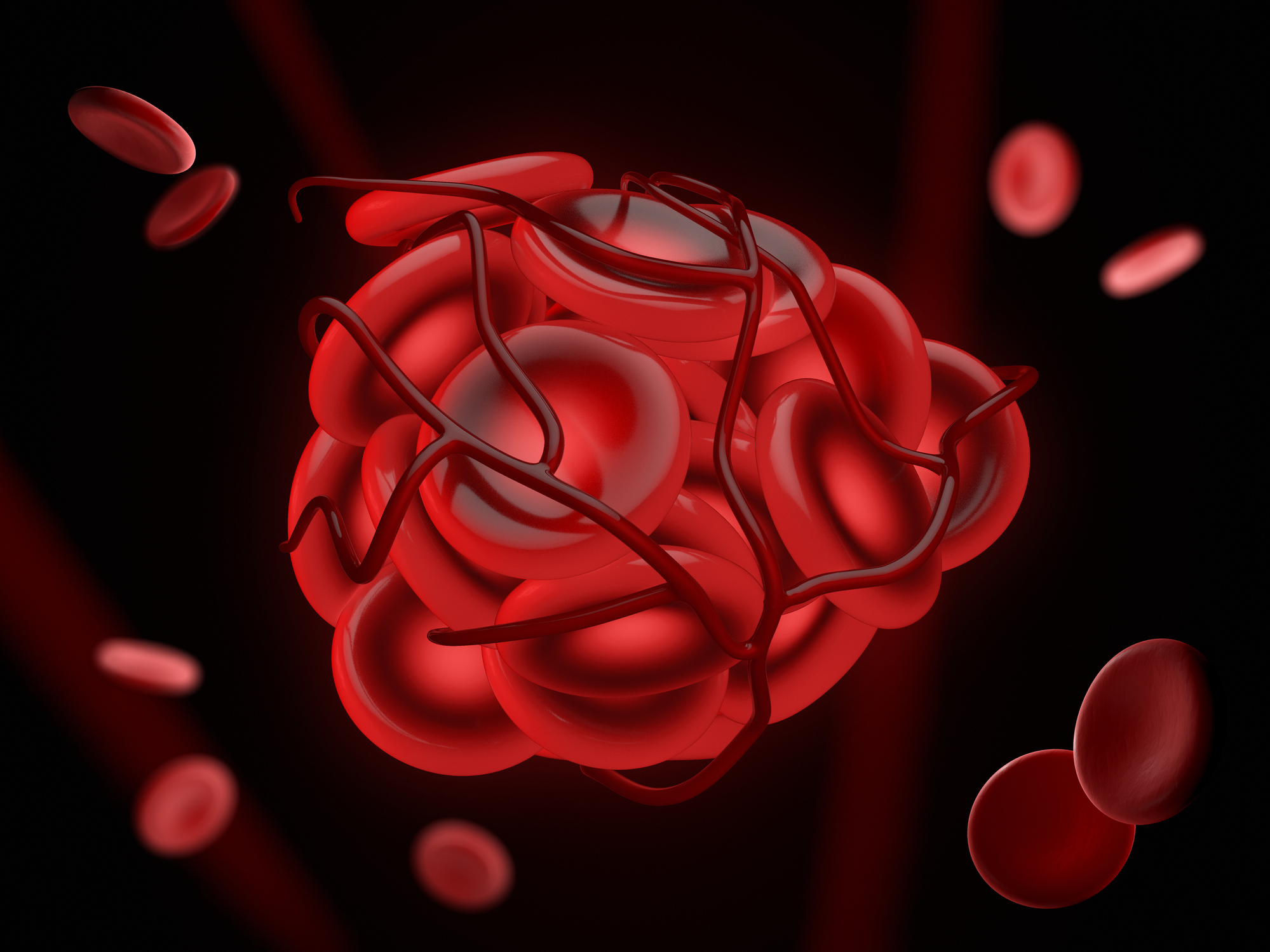Get Easy Health Digest™ in your inbox and don’t miss a thing when you subscribe today. Plus, get the free bonus report, Mother Nature’s Tips, Tricks and Remedies for Cholesterol, Blood Pressure & Blood Sugar as my way of saying welcome to the community!
This could be why COVID-19 causes loss of smell and why it’s so lethal

For a lot of people, the first sign they’ve been infected with COVID-19 isn’t a cough or a fever or fatigue… it’s a loss of smell.
They go to eat a bowl of Cinnamon Toast Crunch and they can’t smell the cinnamon. Or they go to eat a piece of garlic bread and they can’t smell the garlic.
This unusual symptom is getting reported more and more often by people with COVID-19. In some cases, it’s the only symptom they have… which may have you wondering why a virus would strip you of your sense of smell.
We don’t know for sure why this happens, but new research may have uncovered a potential reason. And it’s the same reason COVID-19 makes it so hard to breathe. And the reason someone who’s doing well one second can suddenly take a severe turn for the worst… COVID-19 causes tiny blood clots.
The dangerous impact of blood clots in COVID-19
Doctors and researchers all over the world have noticed something concerning about COVID-19 — it’s causing people to develop tiny blood clots.
The virus seems to promote blood clotting throughout the entire body. And researchers say that may be what’s stealing people’s sense of smell and making the virus so dangerous.
Related: Nattokinase: Food for better blood flow
In patients with severe COVID-19 infections, doctors have observed blood clots forming in their lungs and other organs. These clots could be at least partially the reason why people with COVID have difficulty breathing.
It’s also causing clots in the kidneys and the legs. It’s even caused clot-related strokes and heart attacks. Researchers think these tiny clots could be causing people with the virus to suddenly lose their sense of smell as well.
There is good news, however. If blood clots are contributing to some of the more severe side effects of COVID-19, blood thinners could help produce better outcomes for people with the disease.
Dr. Hooman Poor, a pulmonary and critical care doctor with Mount Sinai Beth Israel in New York City, recently treated five of his COVID-19 patients with blood thinners because they had respiratory failure and he saw evidence that blood clots could be the cause. More specifically, he saw clot-related protein markers and low blood oxygen levels, which could mean blood clots in the lungs were preventing them from getting enough oxygen.
The first person he treated with blood thinners had an immediate response, which led Poor to believe that blood clots were likely contributing to the severity of her lung symptoms. The other patients he treated also ended up with higher blood oxygen levels, which means the drugs may have busted blood clots inhibiting breathing.
Blood thinners may be the future of COVID-19 treatment
Unfortunately, it’s far too soon to say whether or not blood thinners are a safe and effective tool for treating COVID-19 or not. And they come with huge potential side effects, like the risk for a catastrophic bleed. So, it’s unlikely you’ll see them used widely until more research is done.
Still, this study offers important insight into what’s happening in people’s bodies when they have COVID-19, and why this virus is so darn dangerous. Hopefully, we’ll have more concrete treatment options soon. In the meantime, stay home and stay safe.
Editor’s note: There are numerous safe and natural ways to decrease your risk of blood clots including the 25 cent vitamin, the nutrient that acts as a natural blood thinner and the powerful herb that helps clear plaque. To find out about these and more, click here to read Dr. Cutler’s free report!
Sources:
- Could tiny blood clots make COVID-19 more lethal?— MedicalXpress.
- How does coronavirus kill? Clinicians trace a ferocious rampage through the body, from brain to toes— Science.
- Losing Your Sense of Taste and Smell With the Coronavirus— U.S. News & World Report.












